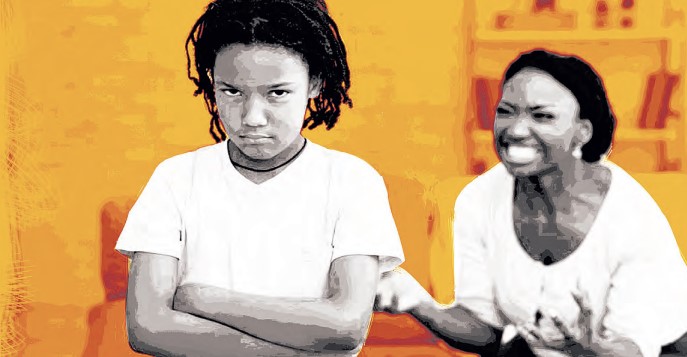
Recent remarks by a section of the political class blaming parents for the actions of youth critical of the government have sparked a heated debate on the interface of parenting, governance and morality.
In reality, the issue runs deeper and transcends the narrow lens of political competition and delves into the heart of our societal values, governance ethics and the enduring question: who shoulders the burden of shaping a just and moral society?
The idea that parents are responsible for the behaviour of their adult children is neither novel nor unique to Kenya.
In many cultures, parenting is often viewed as a lifelong duty.
However, to overstretch this notion to blame parents for the political stances and actions of their grownup children – often-independent thinkers exposed to myriad influences and worldviews – is both unfair and reductive.
Parenting is undoubtedly and necessarily foundational in shaping values, but it cannot be the sole determinant of an individual’s actions, especially in adulthood. Young adults are influenced by their education, peers, religious teachings, and, crucially, the sociopolitical ethos.
For the government to abdicate its responsibility for creating a conducive environment for dialogue and dissent by scapegoating parents raises profound questions about its own accountability.
The constitution guarantees freedoms of expression, assembly and association.
These are cornerstones of any democratic society.
The state’s primary duty is to uphold these freedoms while ensuring the safety and security of all citizens, irrespective of their political affiliations.
The recent abductions of people perceived as anti-government critics points to a worrying trend. It erodes public trust and feeds a culture of fear.
In such a scenario, governance veers dangerously close to authoritarianism, where dissent is criminalised rather than addressed. Rather than blaming parents, the government ought to introspect.
What policies and practices have led to the disenfranchisement of these young people? Are there platforms for constructive engagement with dissenting voices?
Criticism of governance, after all, is not an attack on the state but an exercise of democratic rights.
The uproar over these incidents also underscores the pressing need for a societal reckoning with our collective values and morals.
Values like respect for human dignity, justice and integrity form the bedrock of any thriving society.
Yet, in Kenya, these values often seem to be in short supply, especially in politics.
The coarsening of political discourse among politicians, and the pervasive culture of impunity, has left many young people disillusioned.
For some, activism becomes the only avenue to challenge systemic injustices.
While not all forms of activism are constructive, the state’s response should not be to suppress dissent but, rather, to address its root causes.
Morality is the compass that guides not only individuals but also institutions. It informs governance by ensuring that decisions and actions are anchored in the Constitution and guided by principles of fairness, accountability and respect for human rights.
A morally upright leadership inspires citizens to act in ways that contribute positively to society.
Society-encompassing families, schools, religious institutions, community organisations, independent media and civil society have a pivotal role in promoting values that sanitise politics and governance. Education, both formal and informal, should emphasise critical thinking, civic responsibility and ethical leadership.
Independent media and civil society organisations like Development rough Media play an indispensable role in this ecosystem.
They serve as watchdogs, amplifying the voices of marginalised groups, exposing injustices and holding leaders accountable.
By fostering informed public discourse, these entities bridge the gap between citizens and policymakers, ensuring that governance remains people-centred.
DTM, for instance, through its team of journalists – the DevReporters – and digital spaces including Radio Baraza, have been instrumental in empowering rural and marginalised urban communities with knowledge and platforms to advocate for their rights.
Such initiatives help demystify governance, enabling citizens to engage constructively rather than reactively.
Media and civil society also act as educators, reinforcing societal values and challenging narratives that perpetuate division or impunity. Ultimately, the duty of restoring values in politics is a collective one.
It requires deliberate eff orts to nurture a culture where leaders are held accountable, where integrity is rewarded and where citizens’ voices are not just heard but respected.
Above all, we as a society must refuse to normalise injustice. Abductions, disappearances and any form of state-sponsored intimidation have no place in a democracy.
It is our collective responsibility to demand better governance and to foster a culture of accountability.
In the end, the debate about parenting and governance boils down to a simple truth: while families lay the foundation, it is society and its institutions that build the superstructure.
If the foundation is shaky, it is a collective failure, not one that rests solely on the shoulders of parents.
The time has come for us all to take responsibility—for our values, our politics and our shared future.
The writer teaches
Globalisation
and International
Development
at Pwani
University and is
a programmes
associate at DTM, a
Media CSO









